Best Free Antivirus Software 2019
Windows users need a strong antivirus program to ward off malware attacks, to keep their computers running efficiently and to safeguard their online identities and personal information. The best paid antivirus suites have many features to protect children, manage mobile devices and monitor a computer's firewall, software updates and other features. But some users don't want, or can't afford, to pay for those extra features and may need to go with a free antivirus program.
If that describes you, you've come to the right place. We've evaluated the best free antivirus programs based on their malware protection, system impact, ease of use and useful extra features. If you're undecided, check out our free vs paid antivirus comparison first.
So which free PC antivirus product would be best for you? Of the seven free antivirus programs we've recently reviewed, Kaspersky Free Antivirus barely edged out Bitdefender Antivirus Free Edition for the top spot. Both offer excellent protection against malware without slowing down your system, but Kaspersky lets you schedule scans and has a quick-scan option.
Bitdefender, however, is still the best "set it and forget it" free antivirus option. After installation, it takes care of itself and doesn’t need user intervention. If you need to put antivirus software on your grandparents' PC but don't have time to maintain it, this might be the perfect solution.
Both Kaspersky's and Bitdefender's products offer only the basics. If you want features such as a password manager or a hardened web browser, normally found in midpriced paid antivirus suites, then Avast Free Antivirus might be for you. But its malware protection isn't as good as the top two and its performance impact is heavier.
Latest Security Alerts and Threats
— A powerful feature of Microsoft Excel, called Power Query or Get & Transform, can be exploited to install malware, and Microsoft can't just disable it globally. ADVICE: Disable the feature yourself by following our instructions here.
— A new scam tells you your PC has been infected by hackers using the NSA's EternalBlue exploit -- and that you must pay to clean the machine and prevent the hackers from releasing video of you watching porn. ADVICE: Ignore this scare tactic. If you're worried, run Windows antivirus software.
— The widely used video-playing software VLC got a hefty security update to thwart all sorts of exploits. ADVICE: Update your VLC software to version 3.0.7.
Lean and mean

Kaspersky Free Antivirus
Lean and mean
Excellent malware protection
Moderate performance hit
Fast scans
Bare-bones with few extra features
Kaspersky Lab doesn't advertise that it has a free antivirus product, and doesn't make it easy to find the download page. Too bad, because this is one of the best free antivirus products we've ever tested, with a no-nonsense but comprehensible interface, a light-to-moderate system-performance impact and Kaspersky's unbeatable malware protection. The only reason we're not giving Kaspersky Free Antivirus a 4.5/5 rating is because it offers no extra features.
No muss, no fuss
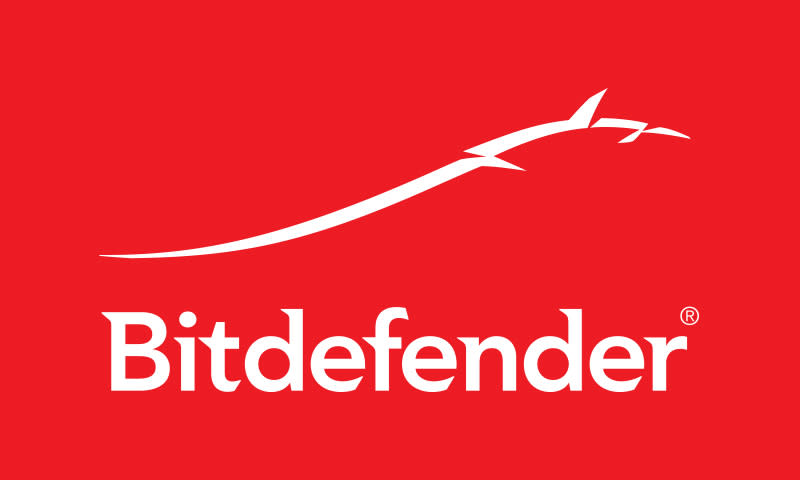
Bitdefender Antivirus Free Edition
No muss, no fuss
Top protection against malware
Super-easy to use
Small performance impact
No customization options
No quick scans or scan scheduling
Like Kaspersky, Bitdefender Antivirus Free Edition offers nothing but the basics, and its malware protection is just as good, if a bit more prone to false-positive malware detections. Its scans are lighter on the system than Kaspersky's, but it offers fewer options — you can't even schedule a scan. It's best for users who want a set-it-and-forget-it security solution for themselves, or for a loved one.
Nearly a free suite

Avast Free Antivirus
Nearly a free suite
Loaded with extra features
Highly customizable
VPN client
So-so malware protection
Heavy performance hit
Possible privacy concerns
The malware protection in Avast Free Antivirus is a peg down from the top, but it's got the best assortment of extra goodies for a free antivirus program, including a password manager, a hardened browser and a network scanner. The program is also very customizable and offers limited access to Avast's VPN service. However, it caused a pretty heavy system load in our testing.
Finally good enough
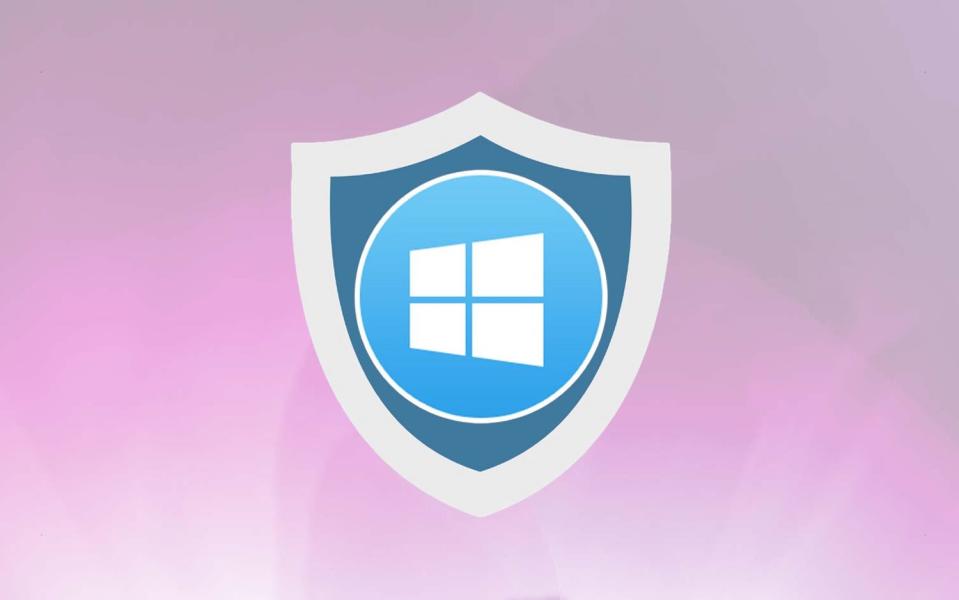
Microsoft Windows Defender
Finally good enough
Good malware protection
Built into Windows
Small performance impact
Bare-bones
Microsoft's built-in antivirus software has finally reached the big leagues. Windows Defender won't beat Bitdefender or Kaspersky in malware protection, but it holds its own against other free antivirus products while delivering a small system-performance impact and a surprising number of extra features, including parental controls and protection for all browsers. For the first time, we can recommend using Windows Defender as your primary antivirus solution.
Not enough oomph

AVG AntiVirus Free
Not enough oomph
Small performance impact
File shredder
Customizable
Middling malware protection
Few extra features
Possible privacy issues
AVG shares Avast's decent if unspectacular malware-detection engine while having a much lighter system-performance impact. But AVG AntiVirus Free has far fewer useful extra features than Avast Free Antivirus. The good news is that AVG's wide range of customization options and its file shredder are still available; the bad news is that there's no compelling reason to pick AVG over Windows Defender.
Not what it once was
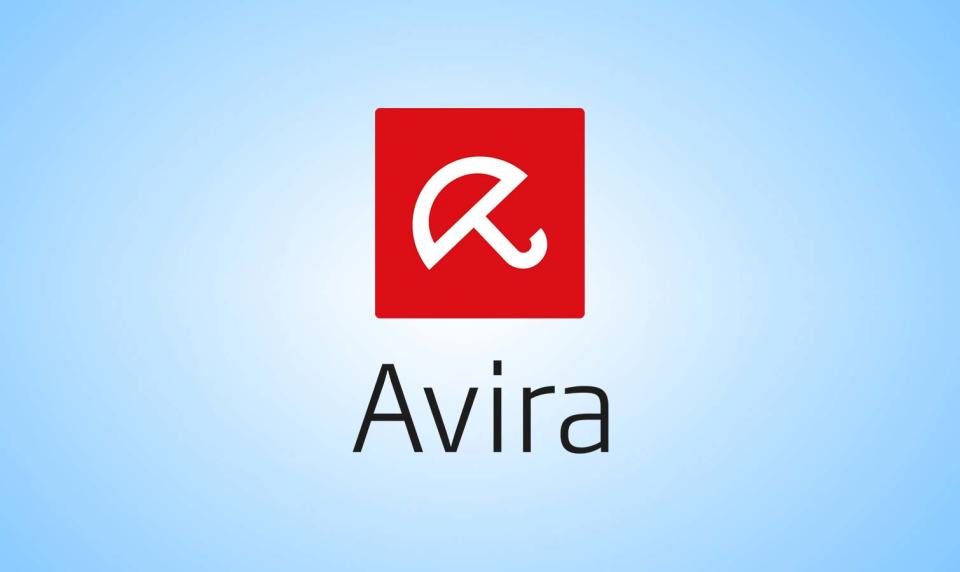
Avira Free Antivirus
Not what it once was
Highly customizable
Lots of add-ons
Firewall manager
Mediocre malware protection
Most extra features are trialware
Heavy performance impact
Avira Free Antivirus was the best free antivirus option just a few years ago, before Bitdefender and Kaspersky jumped into the ring and Avast, AVG and Windows Defender raised their game. Now Avira's malware protection is in the middle of the pack. Its numerous extra features are mostly just teases for paid services, and its system-performance impact is remarkably heavy. We do like that it's still got a wide range of customization options.
Has its ups and downs
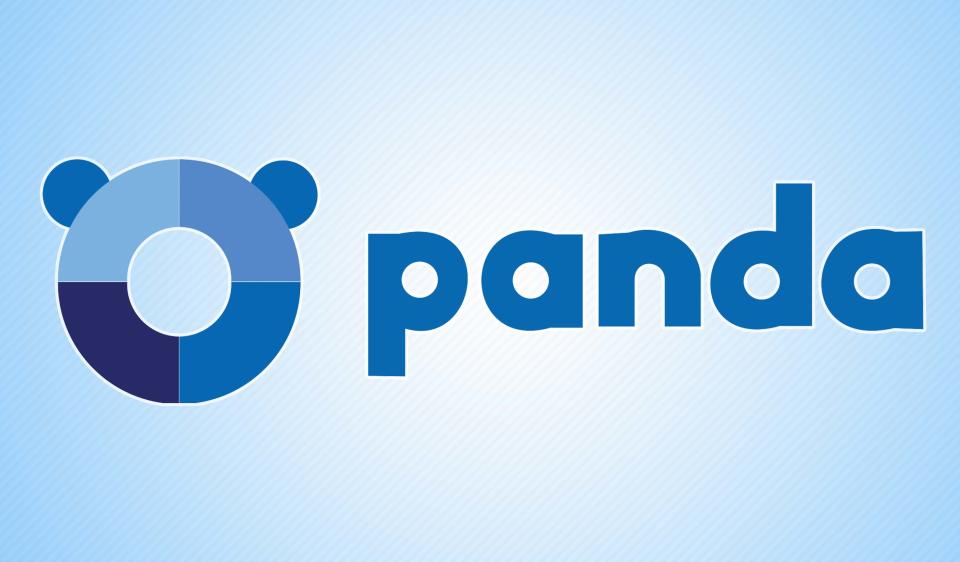
Panda Free Antivirus
Has its ups and downs
Very customizable
Moderate performance impact
VPN client
Spotty malware protection
No opting out of data collection
Panda doesn't take part in every lab test whose results we use, so its malware protection is a bit of an enigma. We liked Panda Free Antivirus' high degree of customization options and its appealing interface. We didn't like the constant ads for other Panda products, the attempts to hijack your web browser, and the fact that unlike every other antivirus company, Panda won't let you opt out of automatic system-data collection.
Honorable Mention
Essential side piece
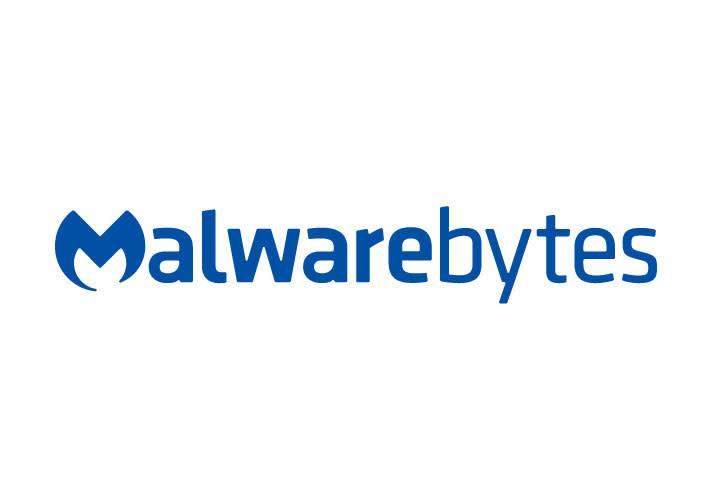
Malwarebytes Anti-Malware Free
Essential side piece
Complements antivirus software
Removes adware, other unwanted software
Installs trialware of paid version
Manual definition updates
Malwarebytes Anti-Malware Free is not antivirus software. It's more of a malware-removal tool. Malwarebytes Anti-Malware Free can't protect a PC from infection, but it does an excellent job of cleaning out malware that's already on your system. Plus, it doesn't interfere with any antivirus software that's already installed. We recommend Malwarebytes Anti-Malware Free as a complement to any antivirus program.
How We Tested
To evaluate installation, ease of use, interface and performance impact, we installed each AV program on the same Asus X555LA laptop, which ran Windows 10 and featured an Intel Core i3-4005U processor, 6GB of RAM and 36GB of data on a 500GB hard drive.
We conducted our own tests on how much each antivirus product affected our laptop's performance, using our custom OpenOffice benchmark. We timed how long it took to run a quick scan and a full scan while the laptop crunched numbers in the background.
We also assessed how easy each program was to use, the number of useful extra features it offered (including free add-on software) and how insistently each program nagged us to upgrade to paid software.
Our malware-detection data comes from four evaluation labs: AV-TEST in Germany, AV-Comparatives in Austria, SE Labs in England and our own lab in Utah. Each lab regularly tests major antivirus products for their abilities to detect zero-day malware and other threats.


